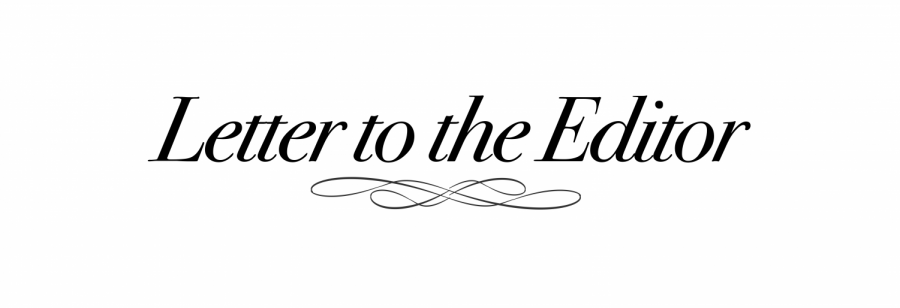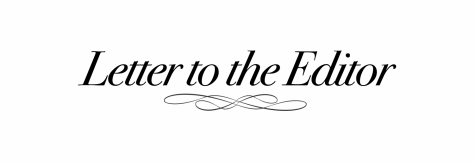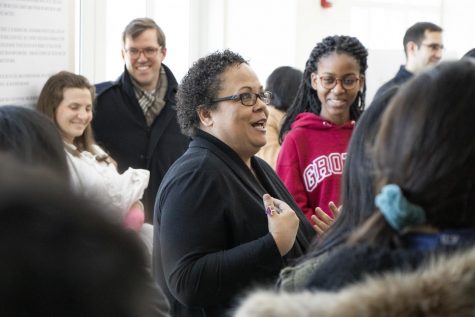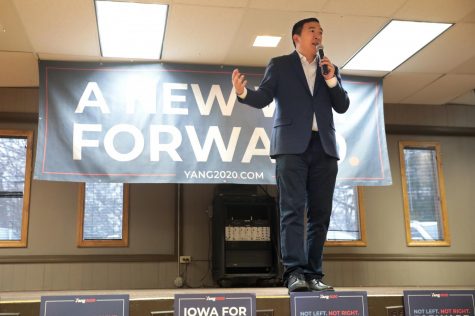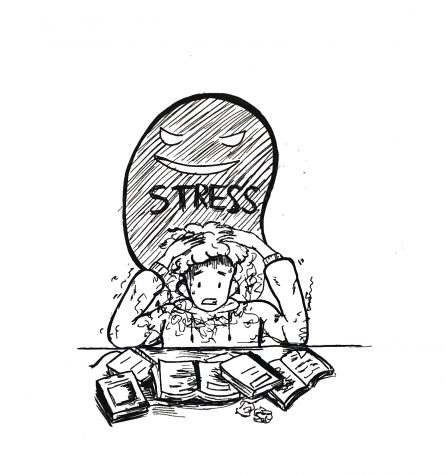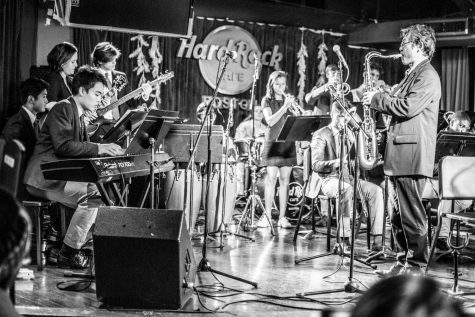Letter to the Editor: What Diversity & Inclusion Stands For
What Diversity & Inclusion Stands For
To the Editor:
Re “The Dangers of Groton’s Echo Chamber,” (Opinions piece, Dec. 2019):
The Diversity and Inclusion Committee was created to ensure that every member of our community, regardless of their personal identifiers (i.e. race, gender, sexuality, etc) feels valued and included. The group strives to create a space for voices that have been silenced or muted in the past and to empower and educate students by considering the different experiences, privileges, and disadvantages of our diverse student body. This goal may be construed as creating a liberal political platform; however, Diversity and Inclusion is an apolitical organization that seeks to promote social, not political, issues which speak to our collective humanity.
As part of its work, the D&I group creates a platform for the perspectives and voices of non-dominant groups, and it supports the efforts of student-run clubs and programs, such as Cultural Alliance, Groton Feminists, Groton Sexuality Alliance, ICAP, Humanism, and various affinity groups. D&I is also responsible for bringing speakers to campus who speak to Groton’s core value of inclusion.
Granted, the efforts of D&I are not always perfect. Sometimes a speaker will come whose perspective challenges us and makes us uncomfortable, but we ask you to listen deeply and “sit with your discomfort” as Groton’s most recent speaker, Julie Lythcott Haims, asked of us. At other times, issues will come up that take time and dialogue to process. In these cases, we ask you to not point fingers and distance yourself from discomfort. After all, students should be the ones taking the lead in building community and ensuring everyone has a voice and a sense of belonging, and the Diversity and Inclusion committee is here to facilitate and help.
It is our belief, as well as those of the members of the D&I group, that issues that affect social interactions within our community, such as race, sexuality, gender, or socioeconomic status (and more), transcend national politics. While national politics may impact our opinions and beliefs, politics should not dictate how we treat each other.
Hollis Maxson ’21, Lwazi Bululu ’20 and Isabel Brown ’20
Groton, M.A.


